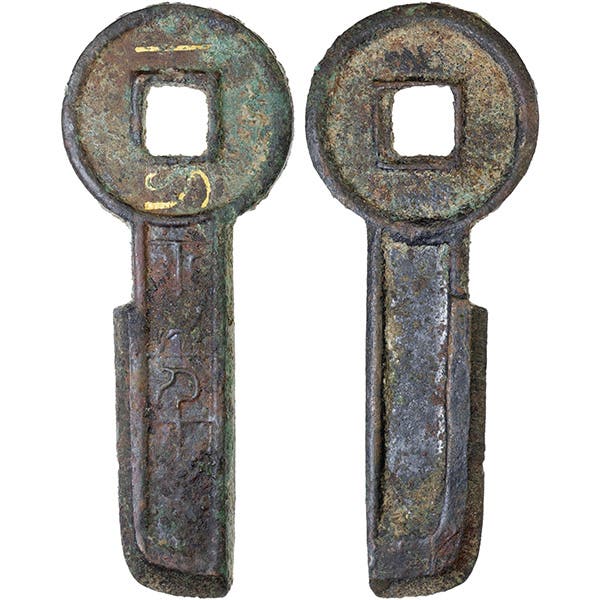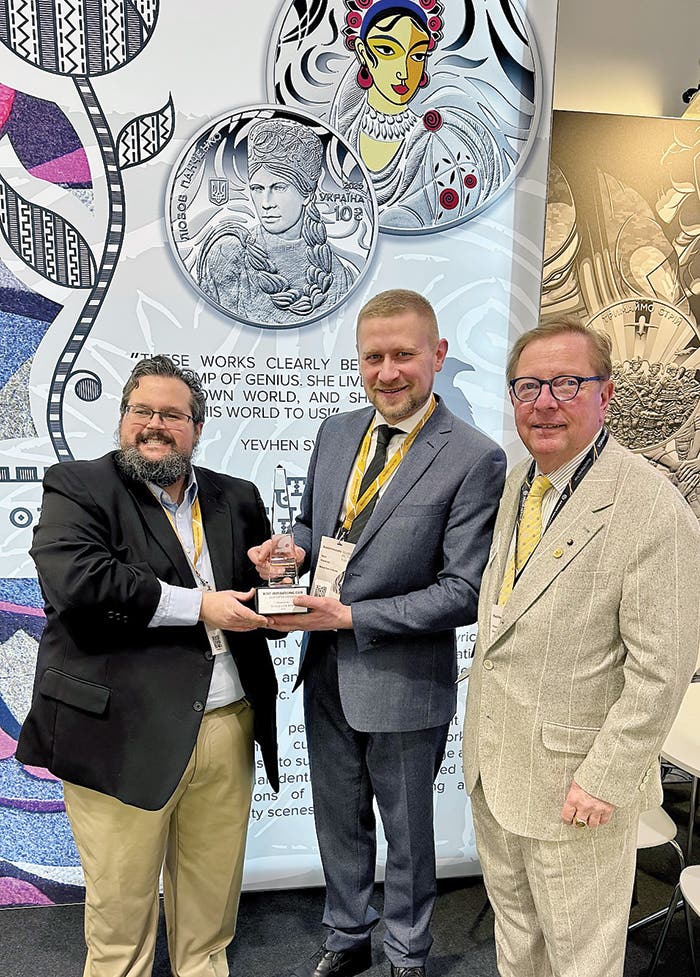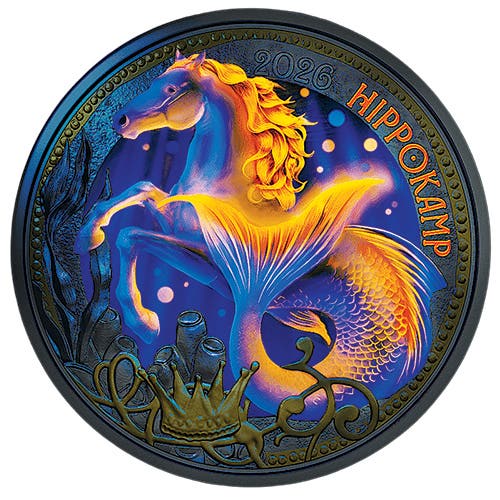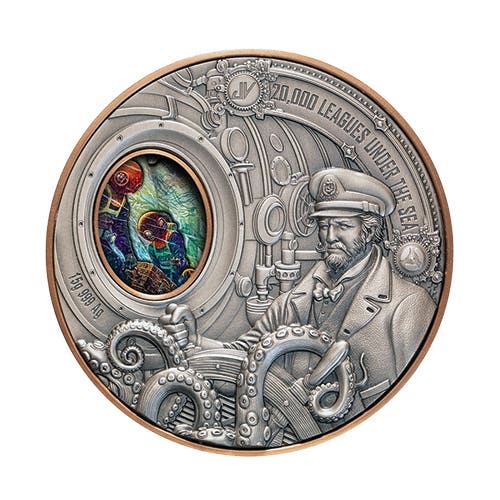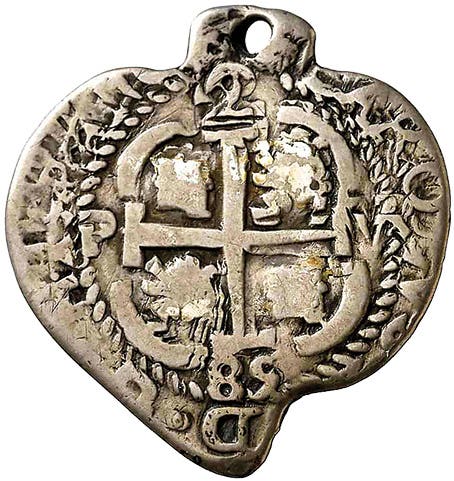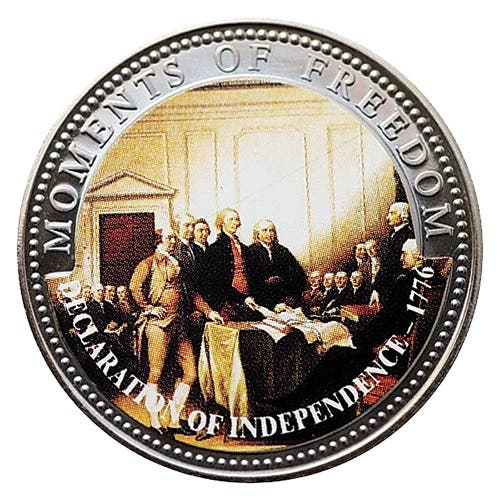Philippines law seeks to ban coin collecting
By Richard Giedroyc Coin collectors living in the Philippines could become an endangered species once Philippines House of Representatives Bill Number 4411 becomes law. The House bill introduced in May…
By Richard Giedroyc
Coin collectors living in the Philippines could become an endangered species once Philippines House of Representatives Bill Number 4411 becomes law.
The House bill introduced in May is titled “An Act Penalizing the Hoarding of Legal Tender Coins of the Philippine Currency.”
Chronic coin shortages in the Philippines have been blamed on the public for years. Now the House of Representatives is contemplating legislation that could result in anyone found guilty of this dastardly crime being fined as much as 300,000 pesos (about $6,675.00 U.S.) and sentenced to a maximum of eight years in prison.
One of the biggest challenges facing legislators isn’t finding ways to ensure there is sufficient coinage in circulation, but in how to define how many coins constitutes a hoard so they can prosecute anyone for the crime of selfishly keeping too much cash on hand.
According to Batangas Third District Representative and House Committee on Banks and Financial Intermediaries Chairman Sonny Collantes, the legislation will not cover charitable institutions, private banks, financial institutions, and government agencies. The Bangko Sentral ng Pilipinas (Philippines Central Bank) will be allowed to exempt individuals engaged in retail business, however the bank will determine the reasonable needs of that business based on average daily gross sales of those businesses being shadowed.
The legislation mandates the BSP will formulate the rules and regulations pertaining to this law. The central bank will also determine the aggregate value, number of coins, and the weight of those coins that will be defined as hoarding. The definition of hoarding will be different for a small business from the definition set for individuals. The BSP will also be given the right to review this definition every three years “on the prevailing value, supply and demand of legal tender coins.”
According to Collantes, the coins determined to have been hoarded will be confiscated and forfeited to the government. No exemption for coin collecting, or any legal definition of what constitutes coin collecting, appears any where in the legislation. Coin dealers could likewise be accused of hoarding without some special exemption or further definition of the term.
As of late 2013 bank notes accounted for about 97.1 percent of all currency in circulation in the Philippines. Coins represented about 24.96 billion pesos in face value. The Philippines government has been complaining for years that the Philippines has more coins per person outstanding (and presumed to be in circulation) than does any other nation in Asia. The central bank has blamed hoarding rather than the export of the coins for their scrap value for the coin shortage, but has never found a way to successfully discourage this alleged hoarding.
Adding to this problem, rumors circulated during early 2014 that the central bank would no longer redeem damaged coins or bank notes. This prompted the statement appearing in BSP Circular No. 289 published March 13, “currency notes and coins considered unfit for circulation shall not be re-circulated, but may be presented for exchange or to be deposited with any bank.”
The damaged currency redemption problem continues since the Currency and Investigation Integrity Office of the BSP determines if coins and bank notes are fit or not fit to be re-circulated. This determination takes about a month. A person presents questionable currency at a bank to be exchanged or deposited, then has to wait until the currency is submitted to the CIIO to learn if he or she will be reimbursed.
Coin collectors were blamed for the coin shortage in the United States during the 1960s, but no legislation was introduced that might have penalized people for collecting or hoarding coins.
This article was originally printed in World Coin News.
>> Subscribe today or get your >> Digital Subscription
More Coin Collecting Resources:
• Kick-start your coin collection with the Fundamentals of Coin Collecting set of essential resources and tools.
• Strike it rich with this U.S. coins value pack.
• Build an impressive collection with Coin Collecting 101.




